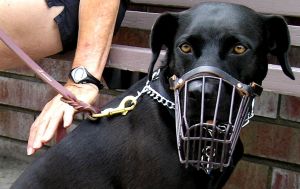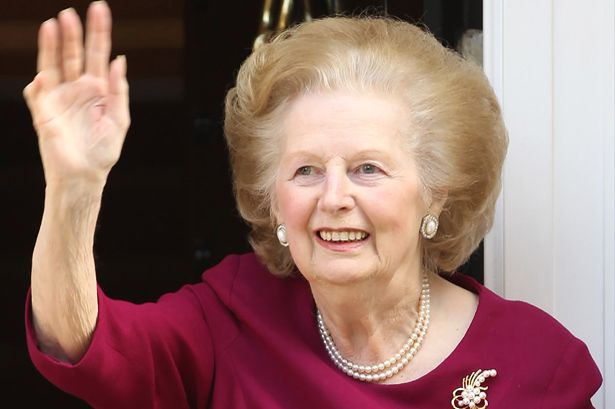The past two weeks would be regarded as a success by same-sex marriage campaigners. With significant developments in Uruguay, France, Ireland and New Zealand the number of countries recognising and allowing same-sex marriage is increasing. So where does this leave Britain? Is it falling behind other parts of the world in this issue or is it an unnecessary waste of time because civil partnerships have been established for many years now?
April 11
The lower house in Uruguay voted in favor of legalising same-sex marriage. The result came a week after the senate passed it by a wide majority and makes Uruguay the third country in the Americas to legalise same-sex marriage.
April 12
France’s upper house voted in favour of legalising same-sex marriage, meaning this country is also well on its way to having same-sex marriages. However, the decision was taken amidst lively debates and strong protests. Whether it passes the next stage will be interesting to see.
April 14
Same-sex marriage was on the agenda for debate in Ireland, with an overwhelming majority of 79% voting for constitutional reform allowing gay people to marry. 78% of people also voted that the constitutional amendment be directive rather than permissive. Meaning that, if adopted, the constitutional change will require laws to be made allowing same-sex marriage, rather than merely permitting laws to be made to allow same-sex marriage.
April 17
New Zealand legalised same-sex marriage with the result of both MPs and members of the public bursting into song to celebrate. New Zealand has made history by becoming the first country in the Asia Pacific to legalise same-sex marriage.
Where is Britain in the process of legalising same-sex marriage?
With so many controversial ideas and policies being discussed and implemented recently, the issue of same-sex marriage seems to have been somewhat forgotten. However, it was only in February that MPs in the Commons voted in favour of marriage equality (Same Sex Couples) bill with a majority of 225. This was the second reading in the Commons, meaning that the legislation has now progressed to the committee stage where it will be scrutinised and amended. Once this stage is finished it will be reported and the third reading in the Commons will be carried out. If the bill passes this it will then progress to the House of Lords to begin the same process.
This bill has therefore still got a long way to go before it becomes legal for same-sex couples to marry, if the law is ever passed at all. Conservative MP David Burrowes predicts that there will be great opposition once it reaches the House of Lords.
Is same-sex marriage necessary in Britain when civil partnerships are legal?
The Civil partnership Act 2004 made it legal for same-sex couples to enter into legally recognised partnerships. To many people this has bridged the gap that left same-sex couples unable to be recognised by the law, however, there are major distinctions between civil partnerships and marriages which mean that there is a convincing argument that civil partnerships are not equal to marriage.
Firstly, whilst civil partnerships are legal they arguably do not hold the same social standing as marriage. The distinction also forces same-sex couples to ‘out’ themselves whenever they are required to state their marital status. This may not appear to be a significant issue, but many same-sex couples live in fear of being discovered and many believe that ‘outing’ themselves will lead to prejudice and discrimination.
On a more practical level civil partnerships do not grant couples the same financial rights as married couples, for instance pensions are generally lower for a surviving civil partner than for a surviving spouse.
Civil partnerships are not recognised around the world, even in countries that either allow same-sex marriage or some form of civil partnership, so there is no guarantee that a couple civil partnered in the UK will be recognised as a legal couple in other parts of the world. For example, in Sweden and Portugal same-sex marriage is legal, but they do not recognise civil partnerships as a legal relationship. This causes restrictions on travel and the possibility of moving abroad as a couple.
The law surrounding civil partnerships is not as settled and so there may be areas that still cause confusion legally. Civil partnerships are dissolved rather than divorced and adultery is not recognised as a legitimate reason to file for dissolution. This has two implications: firstly, this may feed into the stereotype that gay people are promiscuous and the stigma that civil partnerships are not as important as marriages; and secondly the vast amount of law surrounding marriage may not be applicable to civil partnerships, promoting uncertainty and the possibility for civil partners to be treated very differently by the legal system.
In order to bring legal partnerships between same-sex couples up to an equal footing with heterosexual couples it seems that same-sex marriage is necessary. To ensure that all citizens enjoy the same rights the same law is needed, not a substitute that seems to be very similar, which is arguably what the Civil Partnership Act is. However, if equality is what is being strived for then the issue of civil partnerships also needs to be addressed. It would not be an equal situation if same-sex couples have the choice of either a marriage or a civil partnership, whilst heterosexual couples are restricted solely to marriage.





